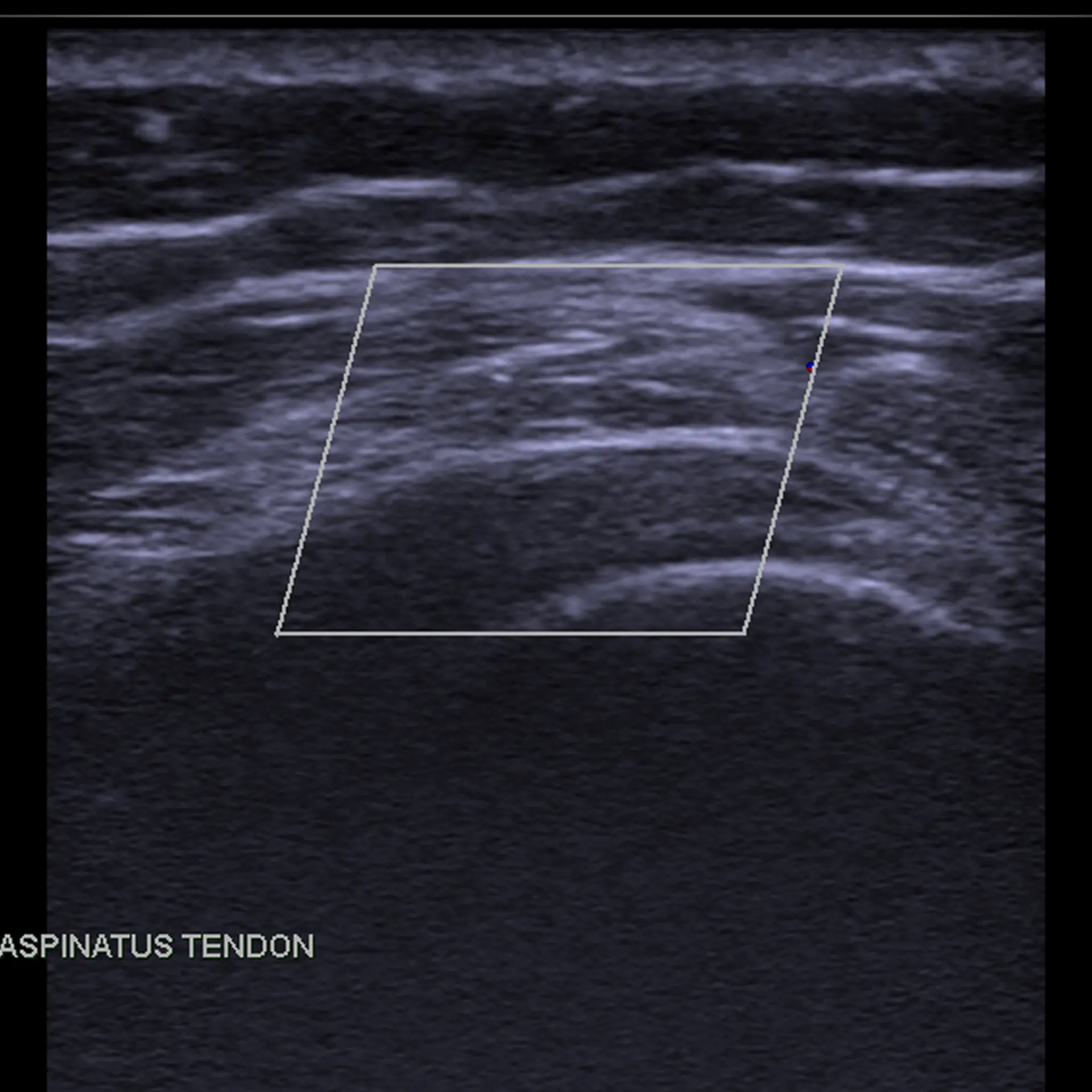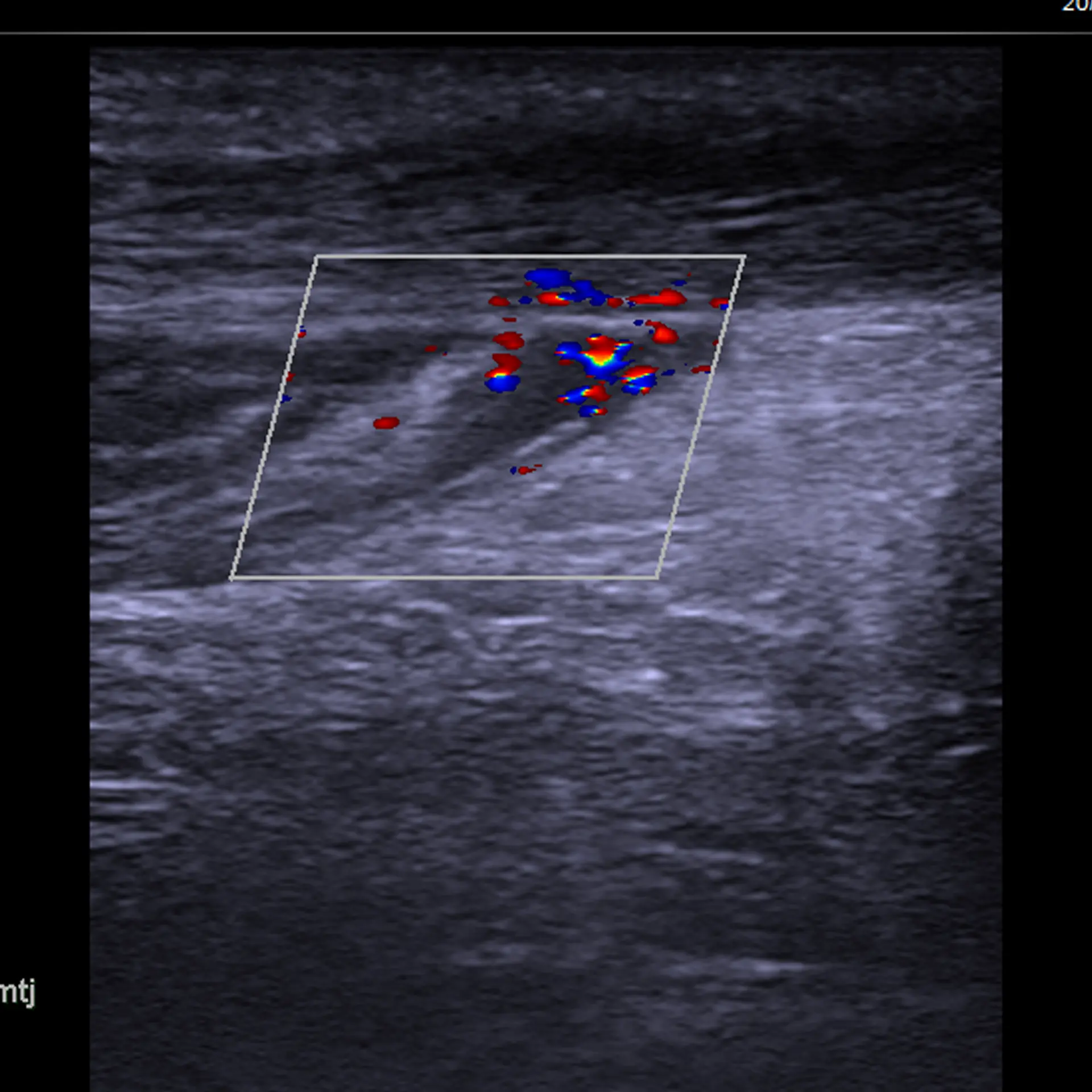What is MSK ultrasound?
Musculoskeletal ultrasound is a painless and harmless way to obtain pictures of structures in the body, such as muscles, tendons and ligaments. It uses high frequency sound waves to generate a live picture of these structures on a screen. A qualified ultrasound practitioner is able to determine if there is any damage to the structures that may account for pain or discomfort you are feeling.
Why is this useful?
Injuries can often be complicated in nature and can involve more than one structure in the body or only become painful during certain movements. MSK ultrasound can help with pinpointing the exact area affected by your injury whilst investigating the other structures nearby. An ultrasound scan can also provide real time pictures of how a muscle/ tendon act when it is being used. Ultrasound is also able to provide images of the opposite side to the injury to allow for comparisons to be made in your own body.
Ultrasound can be as useful as MRI is the diagnosis of conditions affecting structures such as, but not limited too.
• Achilles’ tendinopathy
• Plantar Fasciitis
• Muscle Injuries
• Full thickness rotator cuff tears (shoulder)
• Patellar tendinopathy
What happens during an ultrasound scan?
You will be asked to either lie down or sit up depending on the area of injury. A water-based gel is used to provide contact between the skin and the ultrasound probe. The qualified ultrasound practitioner (person qualified in the use and interpretation of ultrasound imaging) will move this camera across the skin around the area being assessed. Sometimes you will be asked to move the affected area. This allows the ultrasound pracitioner to be able to assess function of and get the best pictures possible of the whole area being scanned.
Limitations of an ultrasound scan
Despite being able to provide excellent images of structures close to the skin, sometimes ultrasound cannot provide enough detail for deeper structures in the same way as an MRI. Ultrasound cannot see past certain structures in the body like bones. As such sometimes patients may still be advised to have further imaging, such as MRI or X-ray, even after having an ultrasound.
How do I know if I should get an ultrasound scan?
The best way to know this is to have an assessment with a qualified medical practitioner such as a doctor or a physiotherapist. They understand the complex nature of your injury and will advise if a diagnostic ultrasound scan can provide more information about your injury that will be useful.
If you are ever in any doubt, please give the clinic a call to speak to our experienced members of staff.
Prices are as follows:
£120.00 per Ultrasound Scan


Are you looking to book an Ultrasound or for more information:
Contact Seamus on 0141 616 6161 or ultrasound@hampdensportsclinic.com

